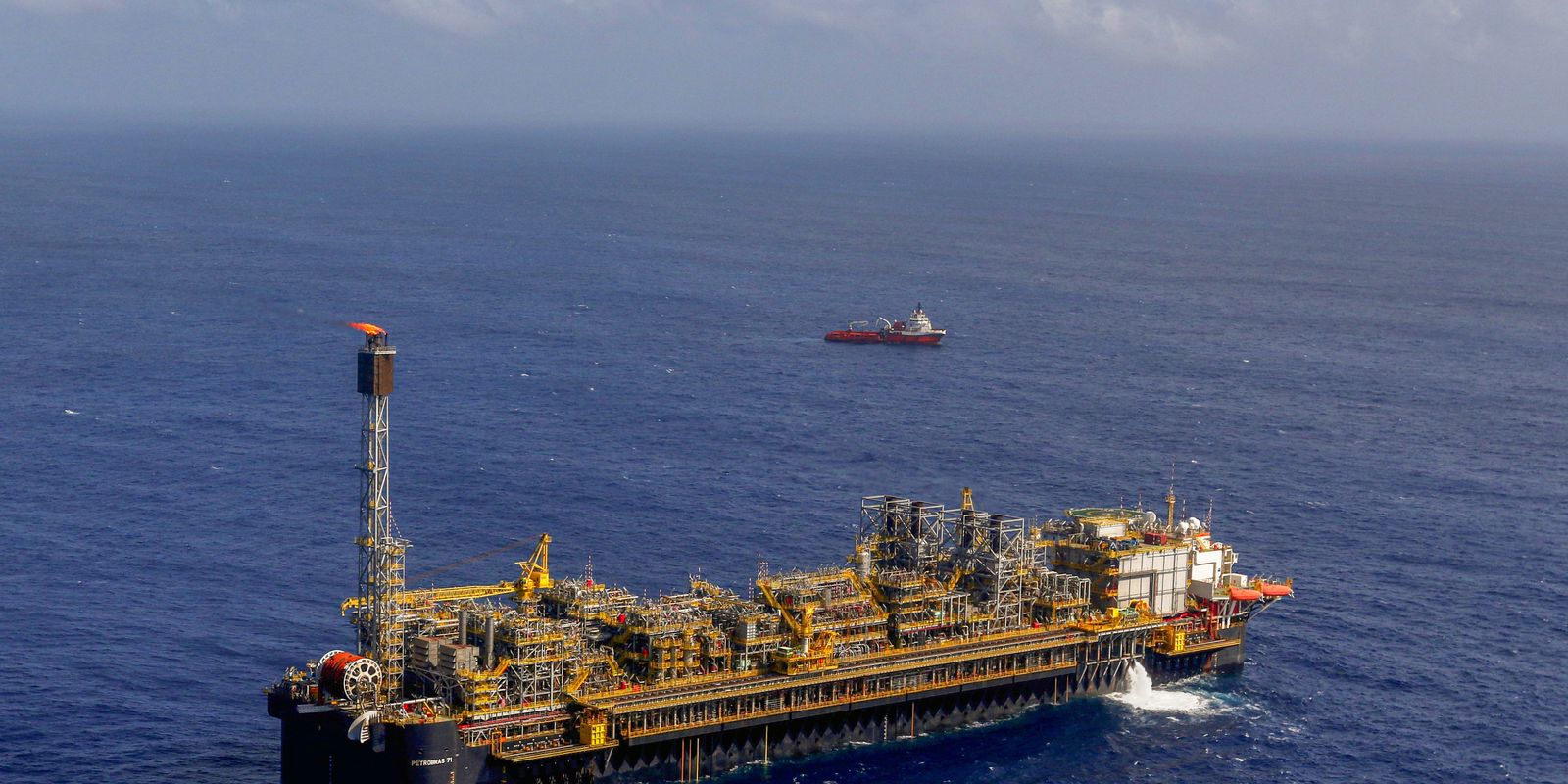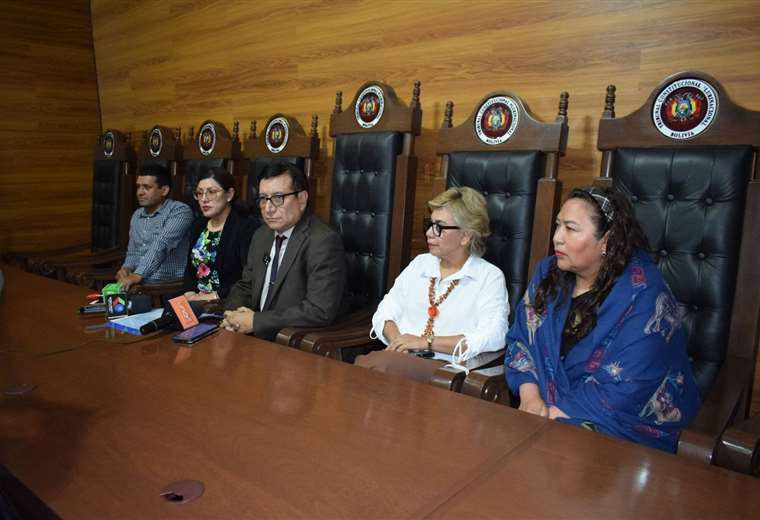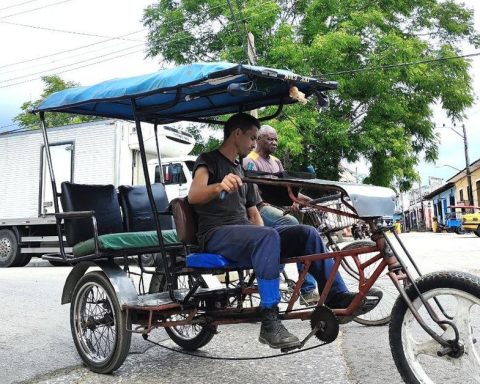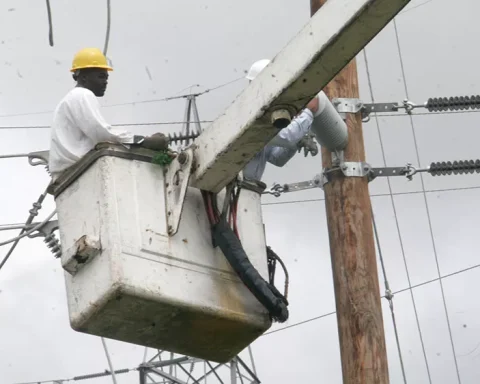The National Energy Policy Council (CNPE) approved, this Tuesday (10), the inclusion of seven more pre-salt blocks in the Permanent Offer system of the National Petroleum, Natural Gas and Biofuels Agency (ANP), through of which oil companies carry out studies and offer proposals to develop the exploration and production of oil and gas in these areas.
The blocks included were Cerussite, Aragonite, Rhodochrosite, Malachite, Opal, Quartz and Chalcedony, all in the Santos Basin, located between Rio de Janeiro and São Paulo. With the decision, they become available for proposals from companies interested in closing bidding contracts under a production sharing regime, in which part of the oil and gas extracted is under Union law, which markets the commodities through the state-owned Pré-Sal Petróleo SA (PPSA).
The council’s expectation is that government revenue from these blocks could exceed R$220 billion during the useful life of the projects, with a forecast of R$214 billion in investments during the period.
For the Minister of Mines and Energy, Alexandre Silveira, offering the blocks to the market contributes to the country’s energy self-sufficiency. “This measure has fundamental relevance for the economy, attracting large investments to the country and generating jobs and income for the population. For these specific blocks, revenue from signing bonuses alone will generate R$874 million for the Union, reaffirming the importance of this decision for Brazil’s economic development”, he highlighted.
The seven blocks will be alongside the 17 already available in the Permanent Offer system. According to the Ministry of Mines Energy, the next auction, scheduled for June, should be the largest auction under the production sharing regime in terms of number of blocks.
National content
The council also defined that tankers built in Brazil must have a minimum global index of 50% local content, which includes goods produced and services provided in the country during the execution of the construction contract. According to the Ministry of Mines and Energy, the percentage covers investment groups such as engineering services, machinery and equipment, in addition to the construction and assembly of vessels.
The ANP will be responsible for monitoring and measuring compliance with the indices, which act as an incentive to hire suppliers in the national industry, transfer technology and create jobs.

















